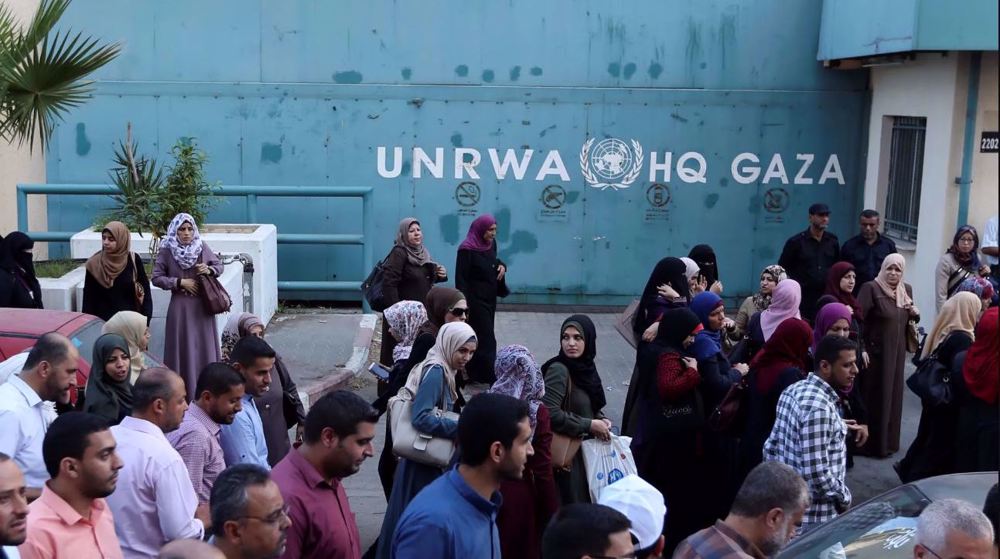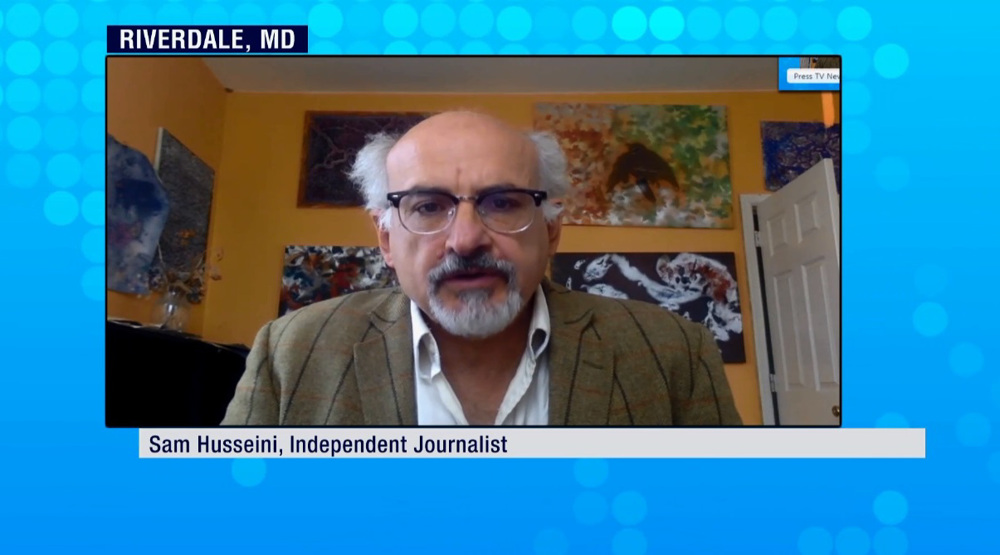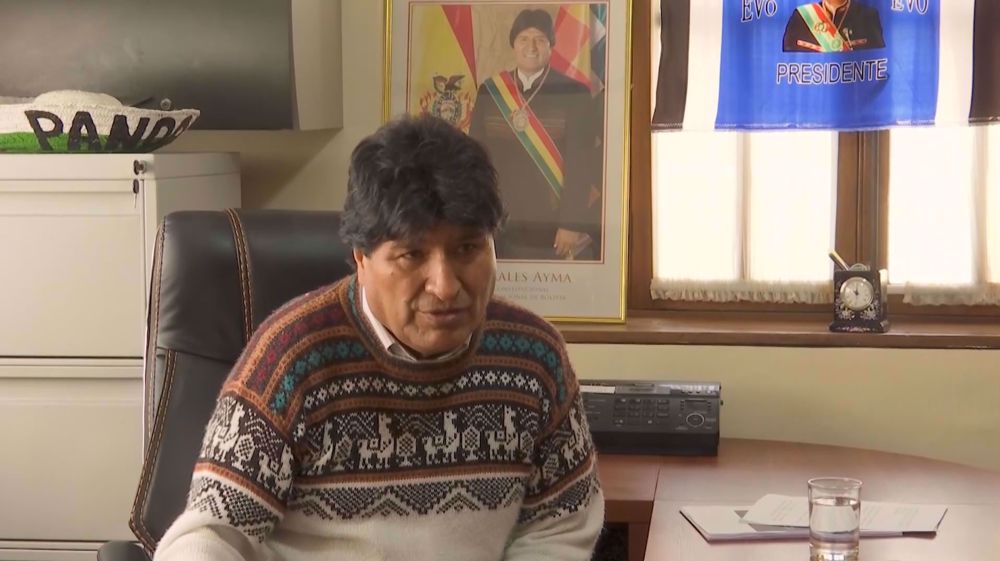Libya deal imposed from the outside: Commentator
Press TV has interviewed Abayomi Azikiwe, an editor with the Pan-African News Wire, in Detroit, on the recent developments regarding Libya.
The following is a rough transcription of the interview.
Press TV: What are the main divisive points in the UN-brokered deal, which was earlier rejected by the two rival parliaments, and what’s changed that now both have agreed on the same thing?
Azikiwe: It remains to be seen if this agreement can be implemented. One of the major problems is the geographic disparity between the two rival regimes. One is based in Tripoli, but the government that’s based in Tripoli is largely based upon the militias from the Misrata, who took over the city of Tripoli several months ago and forced the other government, which largely was installed by the NATO and Pentagon earlier. They are now in the eastern part of the country in Tobruk.
So, that is a major problem. Also, there are other players involved in the situation in Libya. The Islamic State has taken over in Sirte and they’re expanding their control. There are hundreds of other militias throughout the country. And if they are not part of this agreement, then it will not succeed.
Press TV: Tell us about this deal and whether, with its current shape and format, it is within Libyan interest at all or not? We had in the news that people were actually protesting in Libya against this agreement.
Azikiwe: Yes, this is an agreement that’s imposed from the outside. The United Nations bears responsibility for the destruction of Libya in 2011. They passed two resolutions, which actually provided a suitable legal cover for the massive bombing of the country, the overthrow of the Gaddafi government and the execution of Gaddafi in October 2011.
So, therefore, they feel some responsibility to try to mend the country some four or more years later. However, they don’t have the capacity to bring together all the other groups, and the other groups that are outside the political framework – I’ve mentioned Daesh, there’s one, and there are others in the east as well as the western part of the country – who are not involved in this political deal and have not been involved in the negotiations. And until all those organizations can be brought in to the political dialogue, there is no way this agreement can be implemented. Who is going to monitor the agreement? That is another major issue as well. Because you have to have some type of peacekeeping force or some type of monitoring force on the ground in Libya in order to ensure that this agreement… if it does make sense or can be implemented.
UN chief urges Israel to halt escalation, engage in ceasefire talks
Hamas warns Israel’s invasion of Rafah pushing region toward disaster
Putin sworn in for 5th term as Russia’s president, begins 6-year tenure
World on edge as Israel steps up attacks on Rafah
Explainer: What are the contours of Gaza truce deal accepted by Hamas?
UN General Assembly to vote on recognizing Palestine as full member
In attacking Rafah, Israel is sabotaging global efforts to stop Gaza war: Iran
Israel’s hostile acts should not affect Iran-IAEA ties: Nuclear chief













 This makes it easy to access the Press TV website
This makes it easy to access the Press TV website